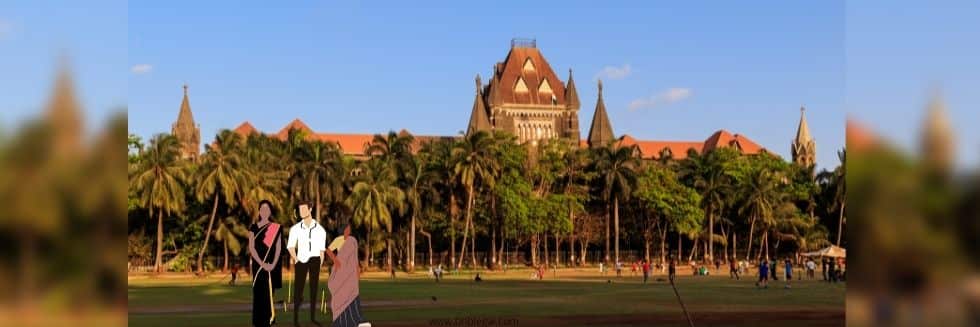In a recent groundbreaking judgement, the Calcutta High Court has ruled in the case of Sudarsan Mandal and Another v. The State of West Bengal & Ors., that for In-Vitro Fertilization (IVF) procedures, the sperm or the oocyte doesn’t need to originate from the couple undergoing the treatment.
The case was brought before the court by a husband and wife who wished to conceive through IVF after tragically losing their teenage daughter. The couple encountered obstacles due to the husband’s age of 59 years, which exceeded the age limit for IVF as per the Act, while the wife, at 46 years, was within the permissible age. The court ruled that although the husband was too old to donate his gametes, the wife was still eligible under the Act, and there was no prohibition on her seeking IVF treatment. Consequently, the High Court granted the couple’s request for IVF treatment.
Justice Sabyasachi Bhattacharya of the single bench observed that the Assisted Reproductive Technology (Regulation) Act, 2021 defines a commissioning couple, eligible for IVF facilities, as a married couple unable to conceive naturally. The court further ruled that even if the husband could not contribute to the IVF process, the couple could still conceive using donor gametes. The Act does not stipulate that either the sperm or the oocyte must necessarily come from the couple.
The Assisted Reproductive Technology (Regulation) Act, 2021, provides a framework for implementing surrogacy laws by establishing the National Assisted Reproductive Technology and Surrogacy Board. The Act’s objective is to regulate and supervise ART clinics and banks, prevent misuse, and ensure the safe and ethical practice of ART services.
ART services, as defined by the Act, encompass all techniques aimed at achieving pregnancy by handling the sperm or the oocyte outside the human body and transferring the gamete or embryo into a woman’s reproductive system. This includes gamete donation, in vitro fertilization, and gestational surrogacy.
A child born through ART will be considered the biological child of the commissioning couple and will have the same rights and privileges as a natural child of the couple. The donor will not have any parental rights over the child.
As per Section 21(g) of the Act, ART services can be applied to a woman aged between twenty-one and fifty years and a man aged between twenty-one and fifty-five years. This landmark ruling has significant implications for couples seeking IVF treatment and contributes to the evolving discourse on reproductive rights.






